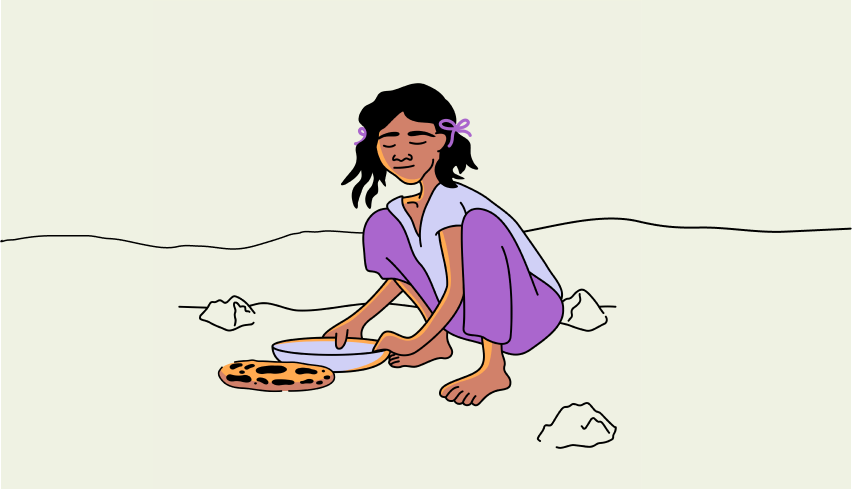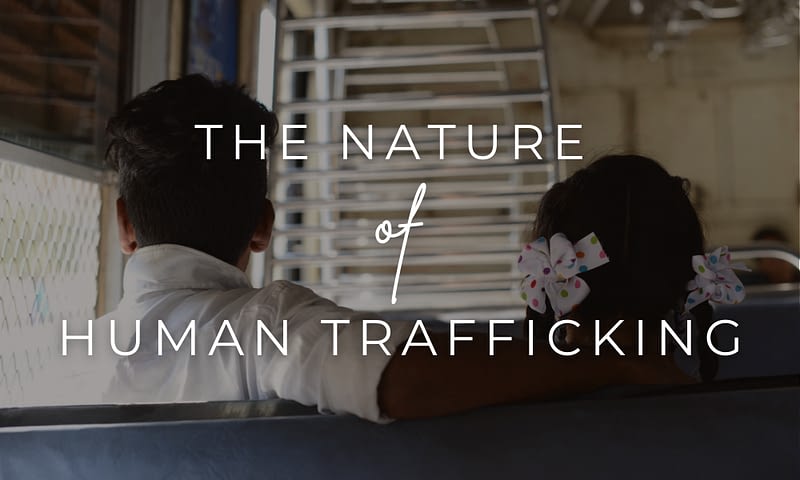Written By: Lindsay H.
The nature of human trafficking is that many are often lied to, coerced, or forced into a life of slavery. Some are sold by their family in exchange for money or basic necessities like food or water. Many are tricked into thinking they are going to a job interview or meeting a fiance in a new city. The nature of human trafficking is abusive. Human trafficking is happening every day, both locally, and globally.
Sara* is only 13 and she has been sold into slavery by her brother for $682 USD. A high price in Asia. She is drugged, abused, and raped. When she fights back, she is tortured. Moment by moment, her will is systematically torn from her. Forcing her to be compliant to the abuse she faces every single minute of her day. She is told that this is her job for the rest of her life. With her voice stripped away, the decision has been made for her.
Stories like this are the true nature of sex trafficking. Women and children are placed in situations where they are no longer in control of their own life. They have no autonomy over their choices, work, or even living space. They have hope sucked out of them, to diminish their will to fight back.
Every single story we hear about another person who was forced into slavery absolutely breaks us over and over again. It’s why we choose to fight back and fight for girls like Sara*. It’s why you should fight back too.
Take some time to learn more about the Nature of Human Trafficking.
The Signs of Human Trafficking
Appearing Malnourished.
Inappropriately dressed for age or weather conditions.
Showing signs of physical injury and abuse.
Avoiding eye contact, social interaction, and authority figures/law enforcement.
Seeming to adhere to scripted or rehearsed responses in social interaction.
Lacking official identification documents.
Appearing destitute or lacking personal possessions.
Noticeably mismatched: Older men with younger women or dress/appearance not consistent with each other.
How Traffickers Obtain Their Victims
Kidnapping or physical force.
Exploitation on the basis of debt or owing them money.
Sold to traffickers by a family member because they lack basic necessities such as food and water.
Psychological coercion including threats, and lies.
Online Grooming through social platforms.
Risk Factors Increasing Likelihood of Being Trafficked
Recent migration or relocation
Government corruption
Drug and alcohol use
Runaway and homeless youth
Poor mental health
Children who are in the welfare system
The need to take care of others without the means to do so (ex. single mothers)
Dangerous external threats such as natural disasters
*Name changed to protect minor.
To Learn More about Human Trafficking – Check Out These Resources
How Communities Fuel Human Trafficking



